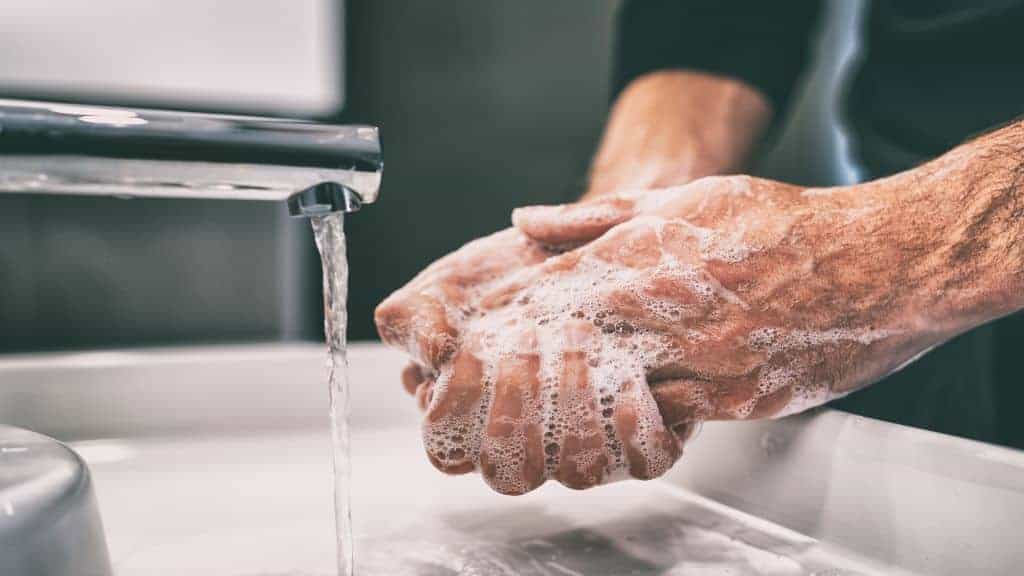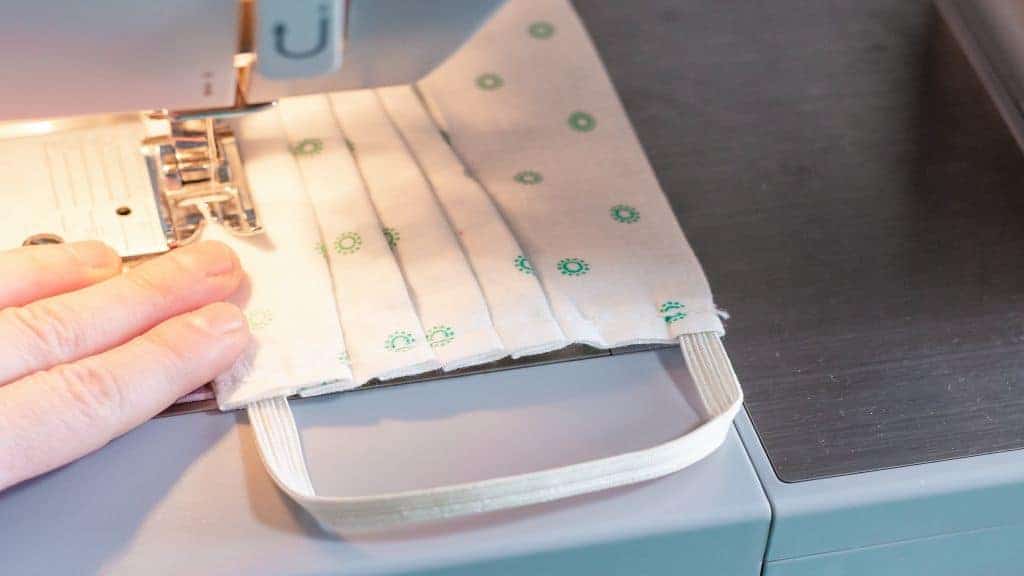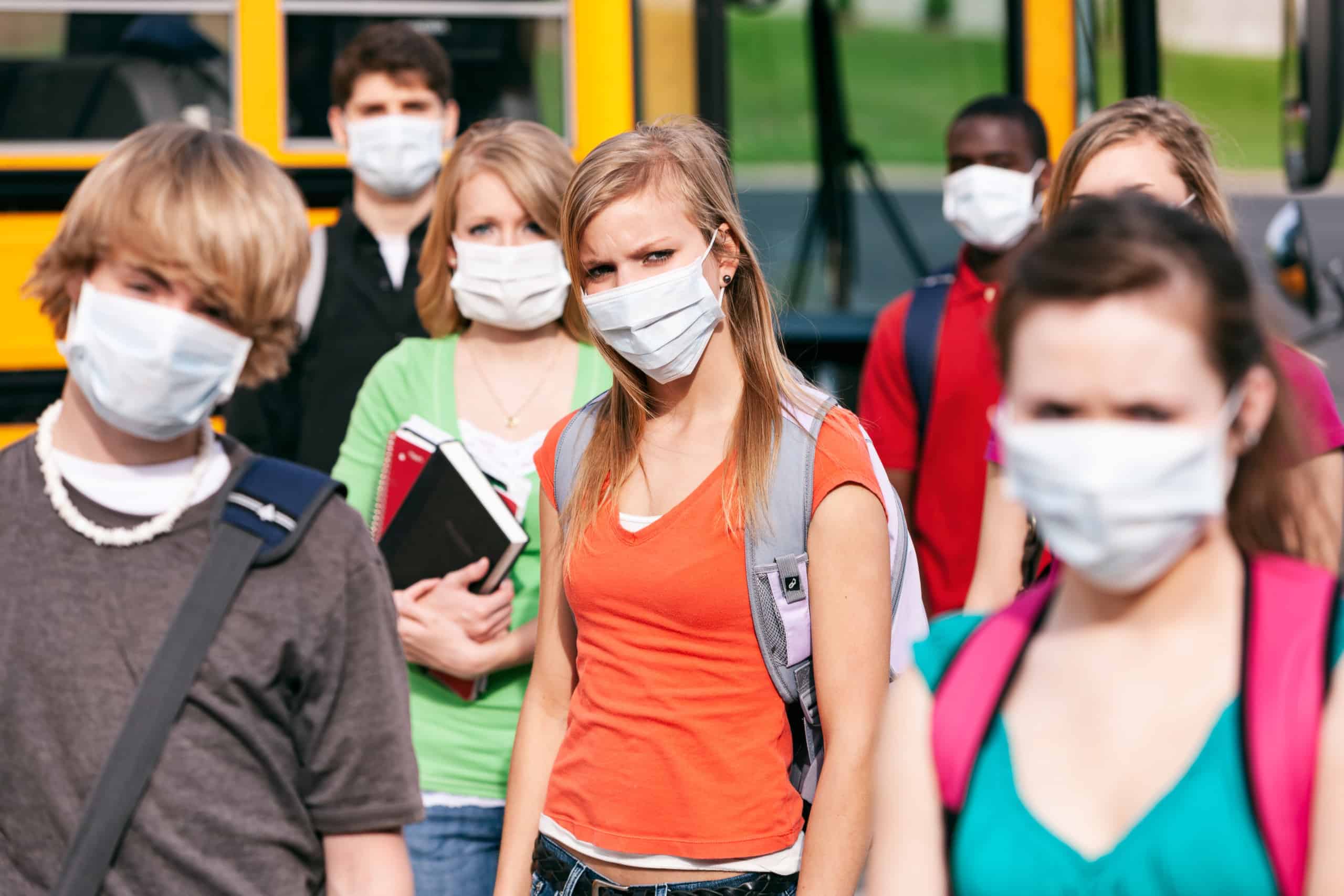Everyone is concerned about germs. The social isolation that we face right now is geared at making sure that people stop spreading this viral infection. However, there are times when you must go to the bank, grocery store, or the doctor’s office. When you make these essential trips out, you must practice respiratory hygiene.
How can you be safe when you are around minuscule germs that invade your airways and can be deadly? Here is a list of dos and don’ts from the experts that you should follow.
The Dos of Respiratory Hygiene
The Center for Disease Control or CDC issued many guidelines on how a person can stay safe. While there is no foolproof method, there are ways that you can reduce the spread of germs and deadly bacteria. The following methods should be observed for proper respiratory hygiene.
1. Always Wear a Facial Mask
There is much confusion about who should wear a facial mask. A person who is sick or has seasonal allergies will sneeze and cough a lot. These people should always wear a mask when they are out and about or even at home for proper respiratory hygiene.
As far as the others who are not sick, it’s always advisable to wear something to cover your mouth and nose when around those who are sick. Remember, it can’t hurt. Though many people have been so thoughtful and made masks due to the shortage, these might not provide adequate protection.
Doctors use N95 quality masks to avoid germs entering and to provide proper respiration.
But if you do use a homemade variety, remove it by the loops and launder it before the next use. Wash your hands after you remove it.
Also, if you are using a disposable mask, don a new one for each use. These are not reusable, and your germs and bacteria get trapped in the fibers.
2. Throw Away Tissues After Each Use
You probably have boxes of tissues sitting around during this high allergy and cold season. When you use facial tissues, you must throw them away promptly. Don’t set them on an end table or other surface to spread germs.
Toss them in the closest trash can, and make sure they make it into the receptacle. You don’t want to infect anyone that may pick them up on your behalf. If you are into cost-cutting measures and want to use a handkerchief, resist the urge as your respiratory hygiene depends on it.
A handkerchief seems like an economical option, but you will spread the germs all-around your home until it’s appropriately laundered. Do you want to infect your family should your condition be bacterial based rather than viral?
3. Always Sneeze and Cough into Your Elbow
You’ve probably heard that you should cover your mouth when you cough or sneeze. The theory behind this is that microscopic droplets from your nasal cavity and mouth spread into the air and surfaces nearby. These droplets are infected with bacteria that you harbor inside your body.
While putting your hand over your mouth seems like the logical choice, it’s better to cough into your elbow. The elbow is a larger surface and doesn’t have tiny gaps like the fingers. You have a better chance of containing your mist when you lodge your elbow firmly around your mouth.
4. Handwashing Is Essential
First, you should know that you can never wash your hands too much, especially with the current flu and viruses going around. However, what many people don’t know is how to do this routine ritual properly. Your hands must be under the warmest water you can tolerate.
Handwashing under cold water is not advisable as you are not effectively killing the germs. You want the water to be hot enough to get rid of any bacteria on your hands. Then, give yourself a squirt of soap that is about the size of a fifty-cent piece.
Rub your hands vigorously for around 20 seconds. If it’s helpful, then you should sing a song that lasts about that duration of time to make sure you get everything clean. Always use soap as the lather separates the germs from your skin and washes them down the drain.
When rubbing your hands under the water, make sure to get in between the fingers as well as the palms. Many of your hand areas don’t get adequately cleansed if you are in a hurry. Teach your children the proper way to wash from a young age, and it will help their immunity throughout life.
Additionally, when you’re standing in front of the sink, thinking this is a waste of time, remember that a surgeon thoroughly washes before going into surgery. They wash up to the elbows and for several minutes to make sure there is no risk of contamination.
With viral infections on the rise globally, you can’t take a chance that any bacteria might be left behind. If you prefer the use of hand sanitizer, you must use a formula that is 90 percent alcohol. Though nothing is as good as soap and water, it can be helpful when you can’t get to a sink.
5. Take Extra Precautions and Hunker Down
Viral infections can cause complications in those that have compromised immune systems, are elderly, have diabetes, heart disease, or other risk factors. If you are elderly or have delicate health issues, then you shouldn’t go out at all.
Your respiratory hygiene can only protect you so much. You must have someone bring groceries to you or your medications. Only go out when necessary. The more you are exposed to people and germs, the higher the chances are of infection.
The Don’ts of Respiratory Hygiene
Now that you know all the things that you should do to protect yourself from bacterial and viral invaders, here is a list of things that you shouldn’t do.
1. Crowd Personal Space of Others
Social distancing guidelines suggest that you stay at least six feet from the person next to you. While this may not be possible in all situations, the key is to put distance between people. For example, you cannot pay for your groceries without handing your money to the cashier. If you are at least three feet away, it can offer some protection.
Remember, the droplets from a cough can travel up to 26 feet, so you don’t want to be anywhere near someone sick.
2. Stay Home, Especially If You’re Sick
If you are sick or have been out recently, you should not go out and risk infecting others. Before heading out, make sure you are fever-free for at least 72 hours, you aren’t coughing or have shortness of breath, and you have been symptom-free for at least seven days.
While it’s hard to isolate from your family, you should quarantine in a room until you are in the clear. You may still be contagious if you are coughing, so practice safety to keep from infecting anyone you love.
3. Don’t Take Antibiotics
People assume that the minute they get sick that they need to take antibiotics. The problem is that these medications don’t work on a viral infection. Another issue is that people build immunity to these drugs, making them less likely to work in the future.
Nature provides many excellent options that don’t come with side effects. Did you know that garlic is one of the most potent natural forms of antibiotics? It’s been used for thousands of years to cure many conditions, and it’s beneficial.
4. Do Not Forget About Your Pets
It sounds odd to say that you must also practice respiratory hygiene around your pets, but you must practice good habits with them, too. Even if you have a virus that cannot spread to your furry buddy, the droplets can cling to their fur for some time.
Since so little is known about this current viral threat. Therefore, according to the University of Illinois Veterinary Medicine team, it’s best to keep your pets at a safe distance when you’re sick. They further state that there is no current evidence that dogs or cats can transmit this disease. If your pet is older or prone to respiratory health issues, then it’s especially important. It’s the same as when you are with people. Make sure you cover your cough and remove tissues after wiping your nose to keep them safe.
5. Don’t Travel
Many people aren’t taking their health seriously enough. If you have a vacation planned soon, consider canceling it. Even if you are going to an area that isn’t greatly affected by outbreaks of viral infections, the chances of encountering someone who is sick increases.
It only takes a split second to be infected with bacterial or viral germs.
Final Thoughts: Stay Calm and Practice Good Hygiene to Stop Viral Infections
It’s difficult to stay calm when the whole world is in a panic over being infected by a virus or bacterial infection. However, the chances decrease of you becoming infected if you follow orders from the CDC and other medical professionals.
Practicing good respiratory hygiene is not difficult. Remember to cover your cough so that you don’t spread germs to others. Better yet, don’t go out of the house unless you absolutely must. Try to use telehealth services instead of rushing to your doctor, and reserve in-person doctor visits for when it’s an emergency.
Remember when wiping your nose or coughing, makes sure you dispose of any hankies or masks that you’ve used. Additionally, don’t touch your face without washing your hands afterward. Many diseases can cause illness and create havoc, but our nation will get through this difficult time.























